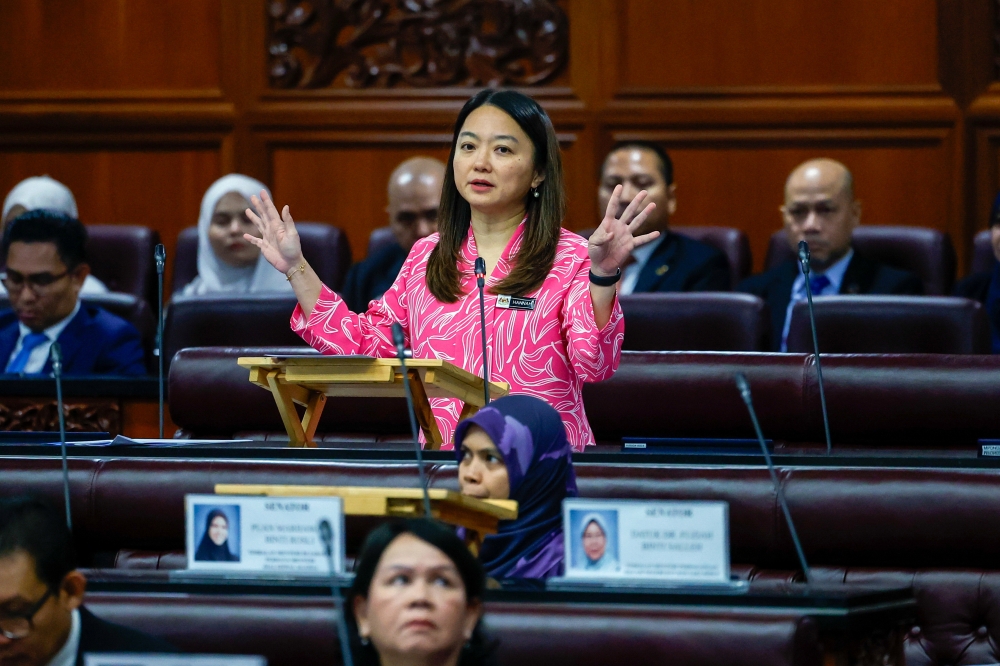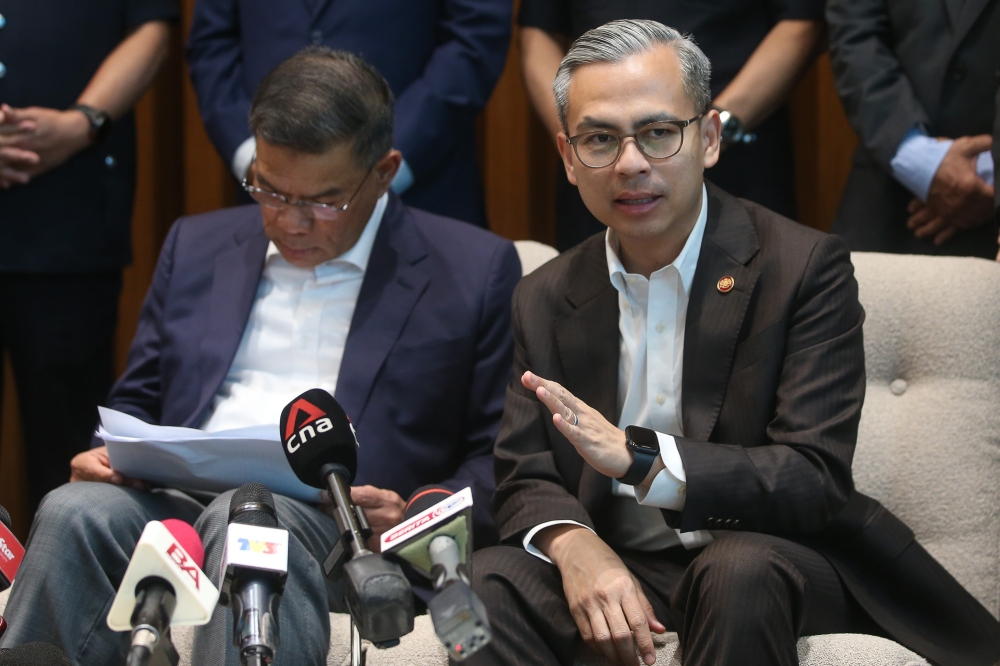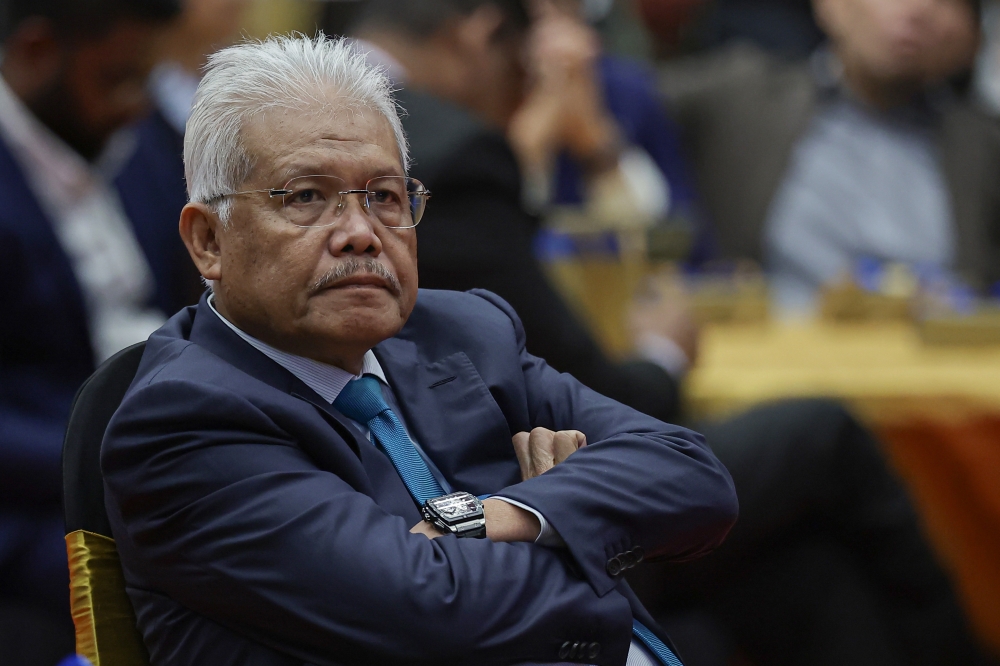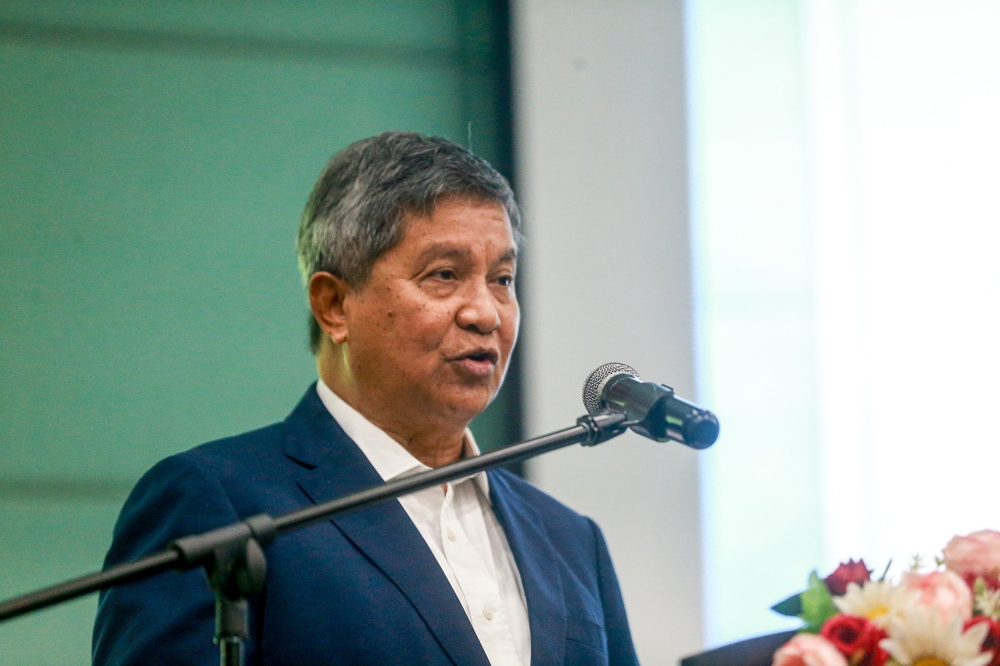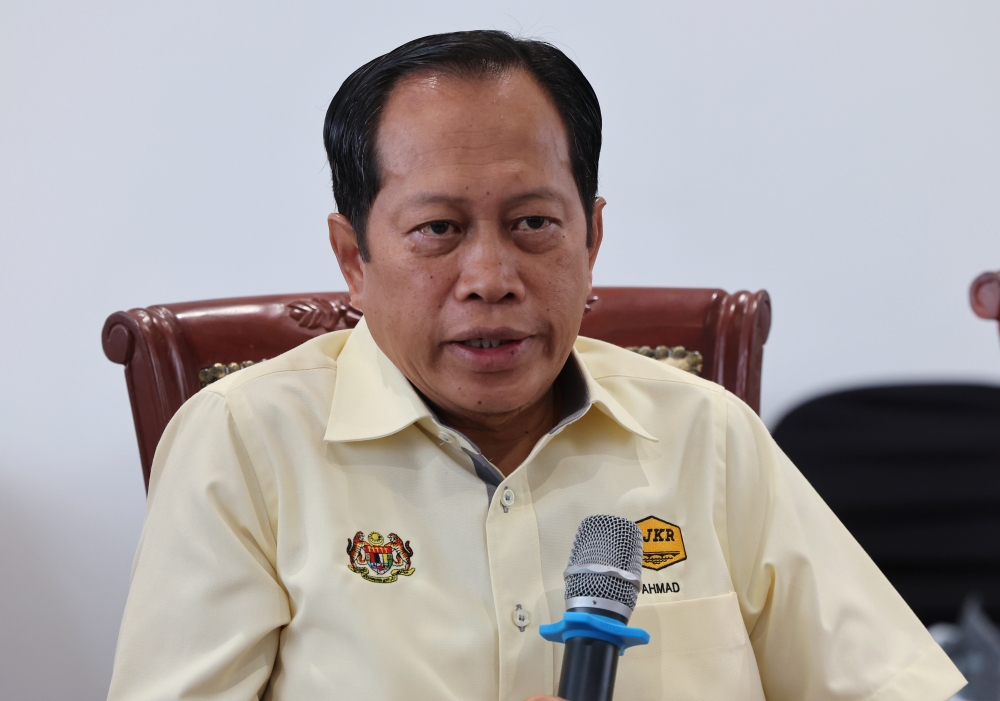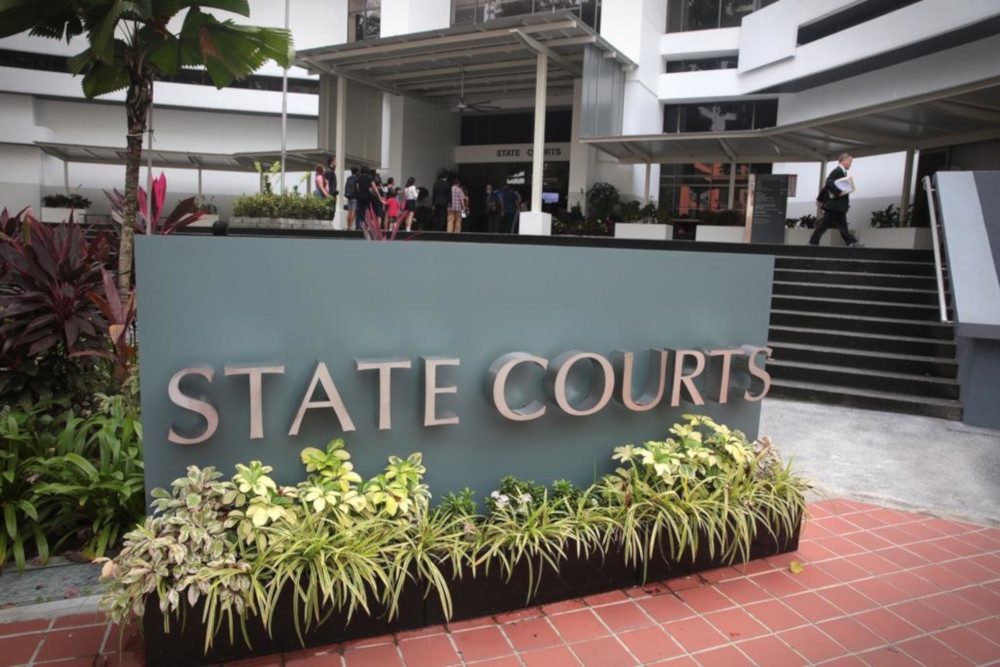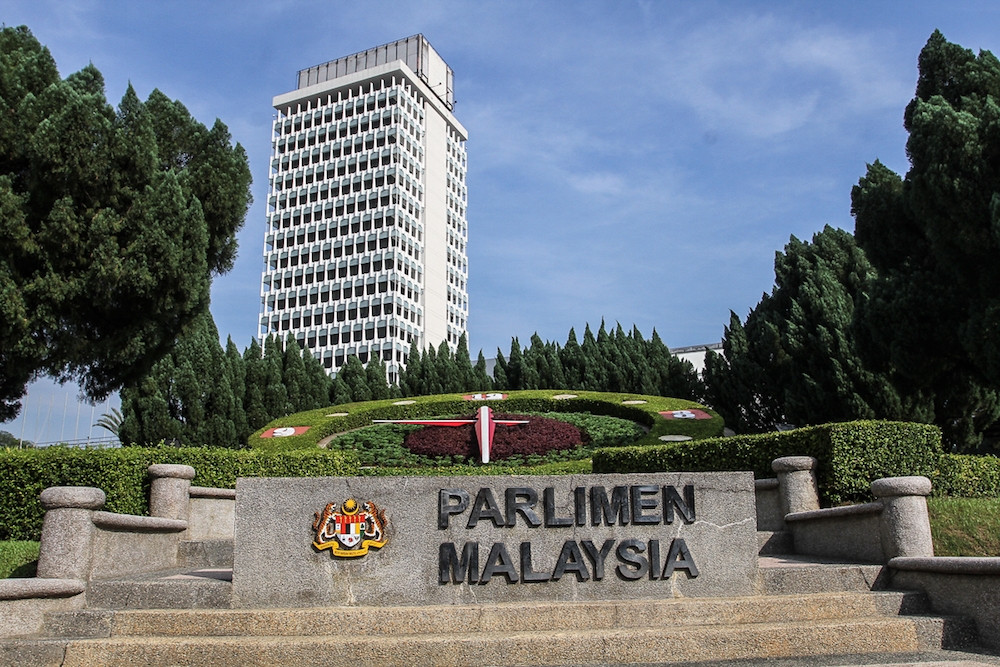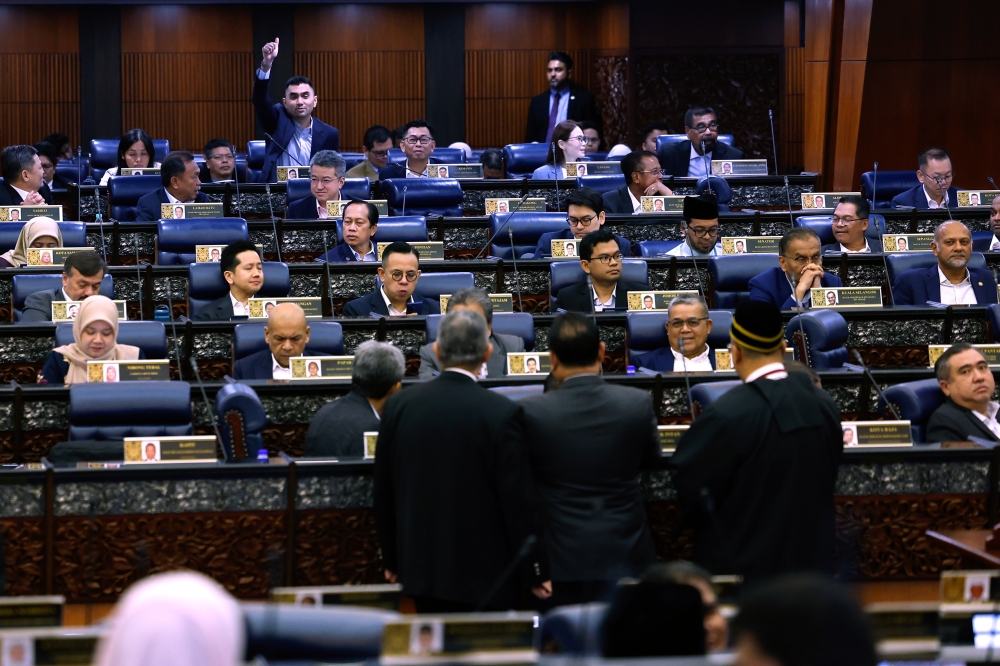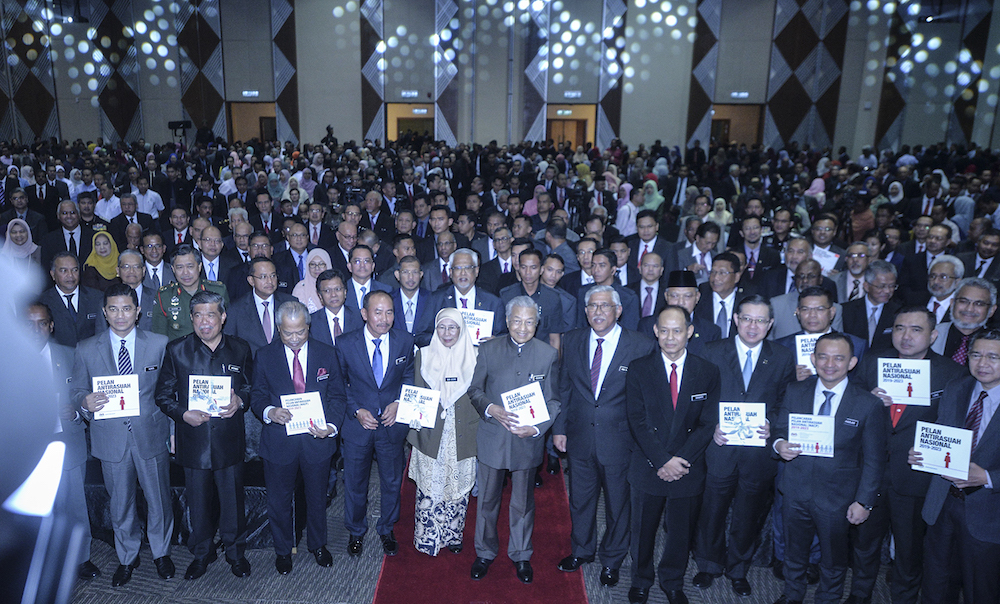PUTRAJAYA, Jan 29 — Civil servants are at considerably higher risk of getting involved in corruption, especially those involved in decision implementation and government procurement processes, Chief Secretary to the Government Datuk Seri Ismail Bakar said.
In fact, he said a survey revealed that 40 per cent of those detained by the Malaysian Anti-Corruption Commission (MACC) between 2011 and 2015 were civil servants.
He said corruption is a critical issue that needs to be addressed systematically and comprehensively as it could lead to an increase in the overall costs of any development, programme or project.
“This will definitely incur huge losses to the country. Corruption is not just a criminal offence, but also an offence to the social values and civilisation and could tarnish Malaysia’s image in the eyes of the world,” he said at the launch of the National Anti-Corruption Commission Plan (NACP) 2019-2023 by Prime Minister Tun Dr Mahathir Mohamad here today.
The Plan, which was drafted by the Governance, Integrity, Anti-Corruption Centre (GIACC), contains 115 anti-corruption initiatives involving politics; procurement in the public sector; enforcement of laws; public sector administration; laws and the judiciary; and corporate governance.
Ismail said the National Integrity Perception Index Survey also revealed that civil servants lacked understanding in corruption-related matters, especially on the 10 major offences stated in the MACC Act 2009.
As such, he said the implementation of the NACP over the next five years would be highly significant in achieving the aspiration to have a corruption-free country with the people practising transparency, accountability and integrity.
In lauding the launch of the Plan, Ismail also hoped that the image and quality of public service could be improved through the implementation of NACP.
“The objective of the NACP is to make civil servants more efficient and responsive in giving a first-class service. At the same time, the negative public perception of the civil servants can also be corrected,” he said.
He said the Plan could also help in tackling the issues of governance, integrity and anti-corruption in a comprehensive manner, especially in the public service, while enabling punitive action to be taken against public officers who purposely caused leakage or wastage of government funds.
Ismail said efforts towards the wellbeing of civil servants and the people as a whole should be implemented in the public sector to improve the quality of public service delivery.
“The separation of power between the monarchy, legislative and judiciary institutions should be given priority to ensure that the integrity of public service would not be questioned.
“The doctrine of separation of power in the practice of democracy is important to protect the freedom of all quarters and to avoid abuse of power,” he said.
Ismail also called on all civil servants to be firm, brave and fair in taking risks to ensure that their integrity and good governance in public service would not be compromised.
“I believe that with the implementation of the NACP among the civil servants, the public service’s performance and public confidence in the service will be improved.
“Thus, I hope all civil servants will give their undivided commitment to the Plan to ensure success and effectiveness of its implementation,” he added. — Bernama


